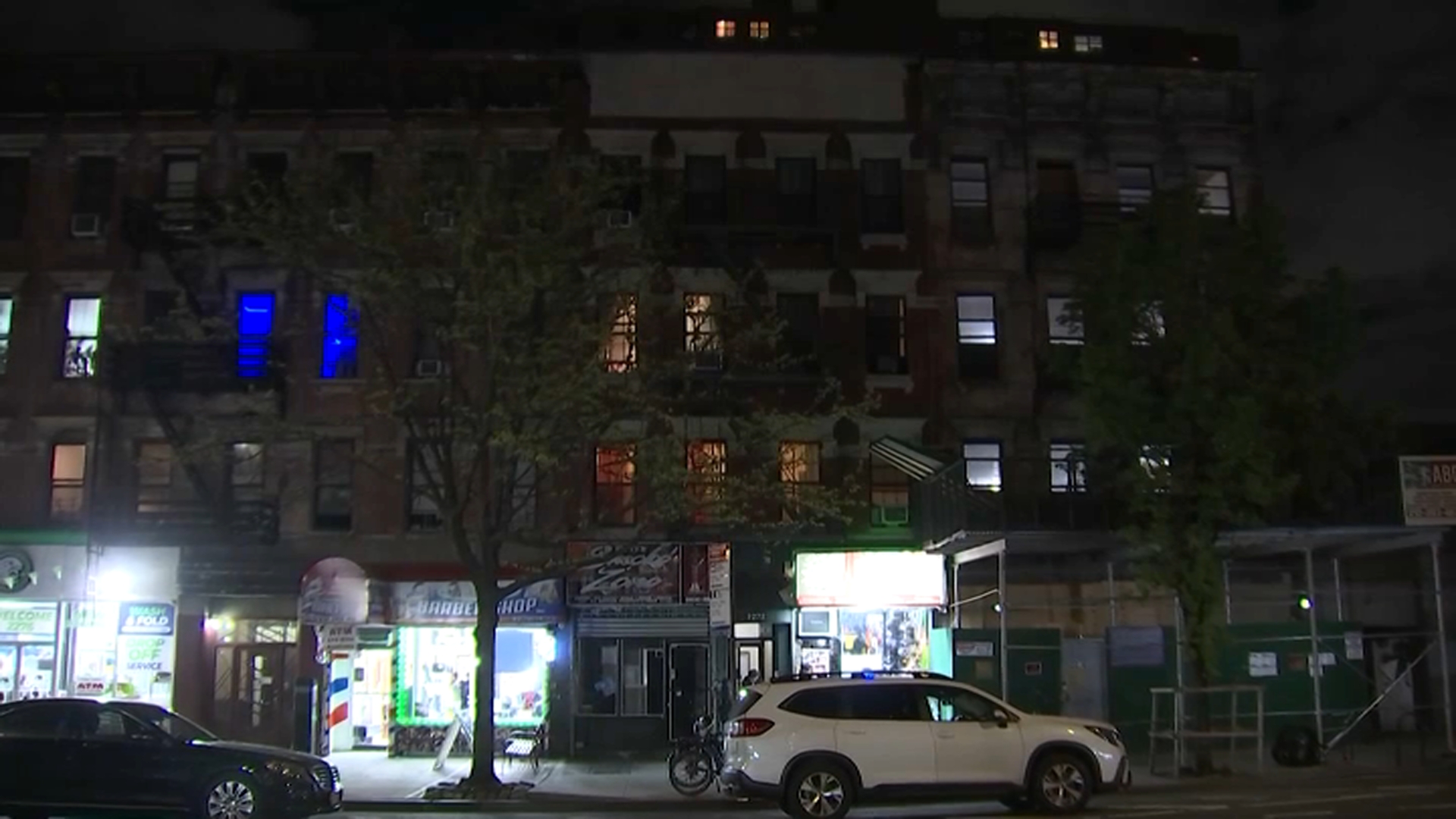As Hurricane Irene spins toward New York and New Jersey, more than 1 million tri-staters in vulnerable coastal areas are under evacuation orders -- and many say they won't leave.
In Belmar, N.J. on Saturday morning, about a dozen surfers were ignoring warnings and taking advantage of the rough seas.
Nearby, resident Ava Nardelli was taking her morning walk and said her plan was to stay put.
"We're going to ride it out," she said.
Hurricane Irene has weakened slightly to a Category 1 storm, with winds at 85 mph. It is expected to arrive in the tri-state area late Saturday into Sunday.
In New Jersey, Gov. Chris Christie said more than 1 million people left the shore by Saturday midday, but said a number of senior citizens living in high-rise buildings in Atlantic City were still holding out.
Officials sent buses to those buildings and police were trying to talk those seniors into leaving their homes, Christie said.
"Please allow us to help protect you," he said.
New York City's primary evacuation zone includes Battery Park City, Coney Island, Manhattan Beach, Far Rockaway and Midland Beach and South Beach in Staten Island. See the zone in orange on this map.
Local
"There's no way in hell that we are leaving home," said Pat Jones, a resident of New York's Rockaways for 30 years. "This is my home, and I'm staying here and protecting my home. Wouldn't you?"
Mayor Bloomberg said Saturday that ignoring evacuation orders "isn't cute."
“Heed these warnings and get yourself to safety before the bad weather hits,” he said.
Just 3,700 people were in city shelters by Saturday evening.
Coney Island resident Dennis Passik is brushing off the warnings.
"I think they're making a big thing over nothing," he said.
Not everyone is ignoring the mayor's orders. Bloomberg said thousands have evacuated the vulnerable zones already, some with the help of firefighters using buses.
Barrington Peacock, sitting on a bench along Rockaway Beach, said he's not wasting any time in getting out. He was planning to take the A train to Penn Station and then New Jersey Transit to stay with cousins in New Jersey.
"You can't mess around with Mother Nature, that's what we learned from Katrina," he said.
Complicating the mass evacuation of the primary zone -- where about 250,000 people live -- was the MTA's shutdown of the transit system at noon. That leaves many carless New Yorkers without ways to get out, if they wait until the last minute.
"How can I get out of Coney Island? What am I going to do? Run with this walker?" said 82-year-old Abe Feinstein.
Feinstein has lived since the early 1960s on the eighth floor of a building that overlooks the Coney Island boardwalk.
On Long Island, officials estimate about 30 people are refusing to leave Fire Island, where power will be shut off at 8 p.m.
In the southern shore community of Bellmore, in Nassau County, Judith Conforti and her two small daughters were preparing to go further inland with family on Saturday, but her husband, Al, was refusing to leave.
"I got my friends here," he said. "All my neighbors are staying. We stick together as a team."
He has chained the patio furniture to the ground and secured his boat to the dock behind the two-story home, which the family has rented since March. Earlier this week, he had begun piling sandbags in front of the garage and purchased a canoe and a generator.
"I got my canoe on the side of the house," he said. "That's to paddle up to Merrick Road to get to my truck and my family."
Near Long Island's eastern tip, 86-year-old Ed Hayward took his daily 1-mile stroll in East Marion under blue skies and said his family's only concern is the potential for property damage.
"We're not going to leave. Everyone is just sitting tight," he said.
While some people in Long Beach were securing their windows with duct tape and carrying canned goods home, Sheryl Rand, 39, said she had no plans to evacuate because she had nowhere to go. Her relatives on Long Island all live in similar beach communities.
"We could go to a shelter," she said, "but you don't feel safe leaving your own home because you don't know what you're coming home to, if you are coming home to anything."
You can keep an eye on the forecast through our interactive radar, and stay with NBC New York on Twitter @NBCNewYork and Facebook/NBCNewYork.



